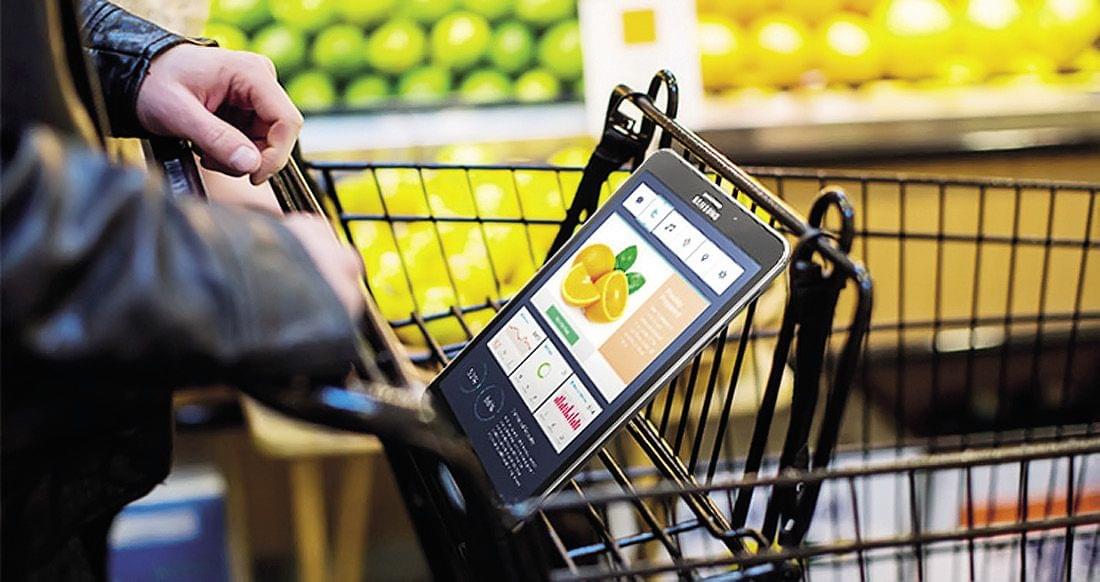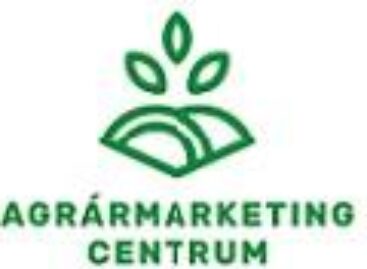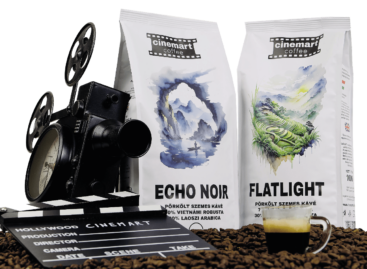IT solutions in retail: they can do it all
Numerous new technological solutions are available to FMCG companies. Éva Kozma, commercial director of Szintézis Zrt. informed our magazine that 2014 was all about online cash registers.
She thinks that because of their introduction demand will grow for automatic cash registers (self-service checkouts) too. One of their advantages is that 4-6 can be placed in the place of a traditional checkout. István Bessenyei, owner and managing director of the Laurel Group revealed to us that they are already in talks with several retail chains to install automatic cash registers. He added that using these involves no risk and the investment returns in about 1.5-2 years. Jenő Madarász, the managing director of Alt-Cash shed light on the fact that the tax authorities plan to make the use of online cash registers mandatory for 75-80,000 service providers. Entrepreneurs will be entitled to apply for financial support from the state for installing them. Manufacturers are ready for the increase in demand: they can deliver the devices in 3 months. According to Tamás Matolcsi, managing director of SAP solutions specialist OnliveIT, recently retailers have changed their attitude towards IT solutions: they don’t consider them to be some kind of ‘necessary evil’ any more, instead they see them as a tool for making operations more efficient and for opening new channels towards consumers. Many retailers have already opened their online shops too. They already know that this step requires automated stock management, price updating and order processing. These days websites have to be optimised for smartphones and mobile devices are more and more widely used by sales reps too. In recent year Szintézis put several retail IT solutions on the market. Touchscreen rapid cash registers and built-in scanners at the checkout make customer turnover faster. The PRICER Electronic Shelf Label System can do all of the following tasks: displaying prices, informing customers, displaying promotional offers, meeting consumer protection requirements and doing certain logistics tasks. Ms Kozma told that one of Szintézis’ new offerings is the E-shopping list. Shoppers can compile the list at home and when they are in the store a navigation feature helps them find the goods faster. The application is also useful for retailers because they can collect lots of information on buying habits, based on which targeted offers can be sent to customers’ smartphones. The Laurel Group also developed many new solutions for FMCG firms, such as high-capacity mobile devices, data terminals and scanners. New-type scales have already evolved into informatics devices capable of identifying products placed on them, matching them with other products (e.g. cheese with wine) and printing coupons. Loyalty card holder customers can now also use handheld scanners when shopping and at the checkout they only have to pay. Mr Bessenyei is of the opinion that efficiency has become the number one priority in retail and technology can be of great help in gaining a competitive advantage. When Alt-Cash is about to install an IT system in a given store, they start the process with a collective brainstorming – together with the retailer partner. Mr Madarász told that informatics tools need to be replaced in about every seven years. He thinks that retailers should think of IT as an investment and not as yet another cost. His experience is that retailers in Croatia and Romania are more open to adopting new technologies than Hungarian chains. It is time for the latter to wake up and start living in a modern world where pricing machines and sticker price tags don’t exist anymore. According to Mr Matolcsi, many retailers are deciding to start using mobile IT devices to support internal logistics operations. In this domain the next breakthrough is going to be automatic warehouses and RFID technology – when they become cheaper. Memory-based databases appeared 1-2 years ago and they are expected to spread quickly. Today the biggest potential that lies in having information is that retailers can draw conclusions from them and detect trends. The SAP HANA system plays a pioneering role in this field. It is affordable for everyone as the service is part of the SAP Business One business management system for SMEs, which is also available in a cloud-based version. n
Related news
Related news
MOHU: 5,200 return points are in operation, but 47 larger settlements still do not have RE points – public “enema” machines may be introduced
🎧 Hallgasd a cikket: Lejátszás Szünet Folytatás Leállítás Nyelv: Auto…
Read more >GDP growth in OECD member countries slowed to 0.3 percent in the last quarter of last year
🎧 Hallgasd a cikket: Lejátszás Szünet Folytatás Leállítás Nyelv: Auto…
Read more >










